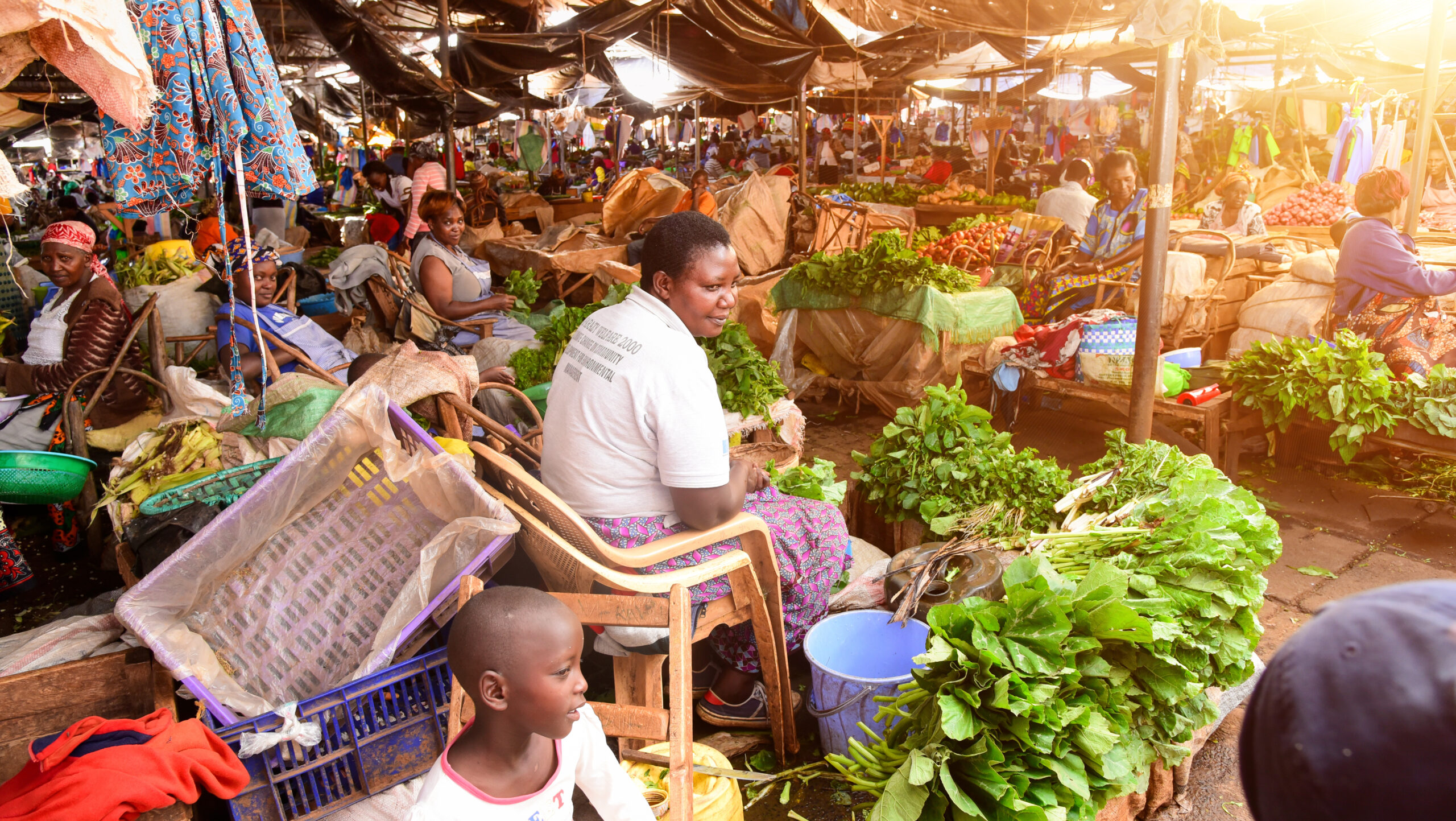This year’s World Development Report on “Gender Equality and Development,” released on September 19 by the World Bank, argues that gender equality is a core development objective in its own right; it is also smart economics. Greater gender equality can enhance productivity, improve development outcomes for the next generation, and lead to more representative institutions. The recent research findings of several IFPRI researchers, including Julia Behrman, Alan de Brauw, John Hoddinott, Neha Kumar, Ruth Meinzen-Dick, Amber Peterman, Agnes Quisumbing, and Catherine Ragasa, are cited throughout the document in support of broader arguments.
More information
- Full text and summary of the report
- IFPRI’s work on gender
- CGIAR Systemwide Program on Collective Action and Property Rights (CAPRi)
Key findings indicate development has succeeded in shrinking gender gaps in educational enrollment, life expectancy, and labor force participation. However, disparities still remain in many areas, including excess deaths of girls and women, educational progress and attainment, access to economic opportunities, and having a voice within the household and community. To tackle these inequalities, the international community should focus its efforts in these areas and support evidence-based public action through better data, impact evaluation, and learning.
IFPRI research was cited heavily throughout the report. Alan de Brauw and coauthors contribute to the debate surrounding the feminization of agriculture in China, while Ruth Meinzen-Dick and her coauthors provide evidence for discussions on engendering agriculture, as well as on gender and collective action. Agnes Quisumbing and Neha Kumar investigate the gendered impacts of weather, health and economic shocks in Uganda and Bangladesh and land reform in Ethiopia. Work by Amber Peterman and her colleagues contributes to studies on asset inheritance by widows in Sub-Saharan Africa and gender-based violence in the Democratic Republic of Congo. In addition to this new and commissioned research, other IFPRI work in health, nutrition, and agriculture is frequently cited to validate many of the broader conclusions.
Additional Related Publications
- Widowhood and asset inheritance in sub-Saharan Africa: empirical evidence from 15 countries
Amber Peterman. Chronic Poverty Research Centre Working Paper 183. June 2011. - Estimates and Determinants of Sexual Violence Against Women in the Democratic Republic of Congo
Amber Peterman, Tia Palermo, and Caryn Bredenkamp. American Journal of Public Health June 2011, Vol 101, No. 6, 1060-1067. - Gender and collective action: A conceptual framework for analysis.
L. Pandolfelli, R.S. Meinzen-Dick, R.S., and S. Dohrn. 2007. CAPRi Working Paper 64. Washington, D.C. International Food Policy Research Institute (IFPRI). - Policy Reform towards Gender Equality in Ethiopia
Neha Kumar and Agnes R. Quisumbing. March 2010. Working Paper.







